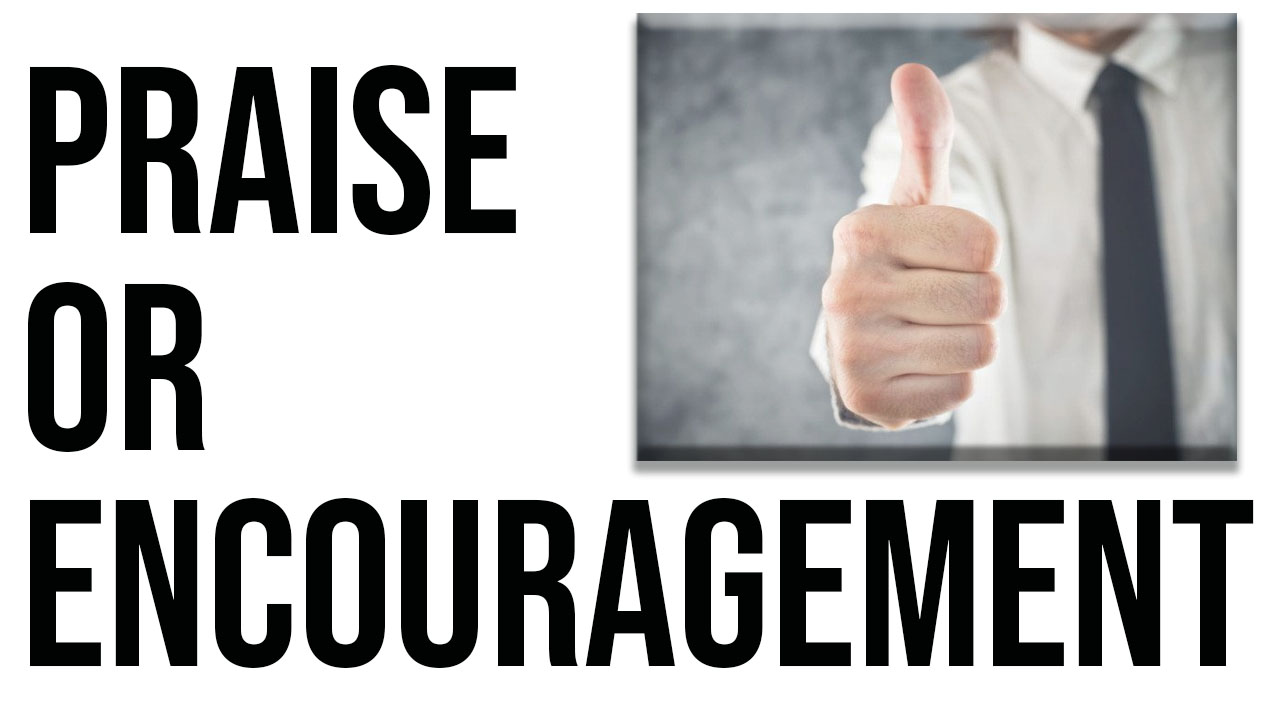Is it Praise or Encouragement?

Business Record Staff Mar 16, 2022 | 1:56 pm
2 min read time
589 wordsBusiness Insights Blog, Training & DevelopmentBY ROWENA CROSBIE, president, Tero International
Is there a difference between praise and encouragement?
We’ve heard that it is important to praise people for a job well done. We hear parents and leaders alike say things like “good job” in the hopes of building self-esteem and reinforcing good behavior. Does it work?
Consider this familiar story.
A parent, committed to potty-training a child, provides a small reward of candy each time the toddler uses the toilet. It doesn’t take long for the child to connect the reward with a behavior. Can you guess which behavior? This smart little toddler learned bladder control and how to use the toilet every few minutes to get the maximum reward. What did the parent learn? That rewards can lead to unintended consequences.
And so it begins — a young person motivated to perform by external rewards instead of learning self-satisfaction of a job well done.
Many business leaders make the same mistake.
Let’s come back to our original question. Is there a difference between praise and encouragement?
Praise is a form of approval. It is a form of judgment. The person giving praise is evaluating the result and giving it a thumbs up. It may be in the form of verbal praise such as saying “good job” or in the form of a tangible reward or incentive.
Encouragement, on the other hand, looks behind the result to the effort, motivation and behavior of the person.
For example, a leader could praise an employee by saying, “This is a great report.” Or they could go deeper and use words of encouragement such as “It is inspiring to watch you accurately summarize complex data into a reader-friendly report for executives.”
Praise too often is about the result. Encouragement focuses on the person and the positive actions they took.
A lot of things affect an outcome. Many of them aren’t in our control. We can all think of situations where we did everything right and fell short of the goal. If praise is the only tool in the toolbox, we get discouraged. However, when we are encouraged for things we did do well, that taps our internal motivation and we are willing to grow and learn.
In contrast, we’ve all seen examples of people who achieved a good result through bad or unethical behavior. When they are praised for the outcome, they are learning, like the toddler, that behavior is less important than the result.
Does this mean we shouldn’t praise people when they achieve a goal? Of course not; there are plenty of occasions to celebrate wins.
Which brings us to a final point. Many leaders choose praise over encouragement because it is easier. How many times have we heard a leader say to a team, “Great job. I’m not going to mention any names because I’ll probably forget someone.”
This is risky. Not everyone on the team contributed at the same level. If you are the leader and don’t have the opportunity to know who did what to achieve the goal, create an environment where people can encourage each other. Bring the team together and facilitate a discussion on the specific behaviors individual people did that contributed to the result. Will it take more time? Of course it will. It is worth it? Of course it is.
Praise and encouragement are two separate tools in your leadership toolbox. Use discernment when you choose which tool to use. The lessons you and others are learning depend on it.
 | Rowena Crosbie View Bio |











